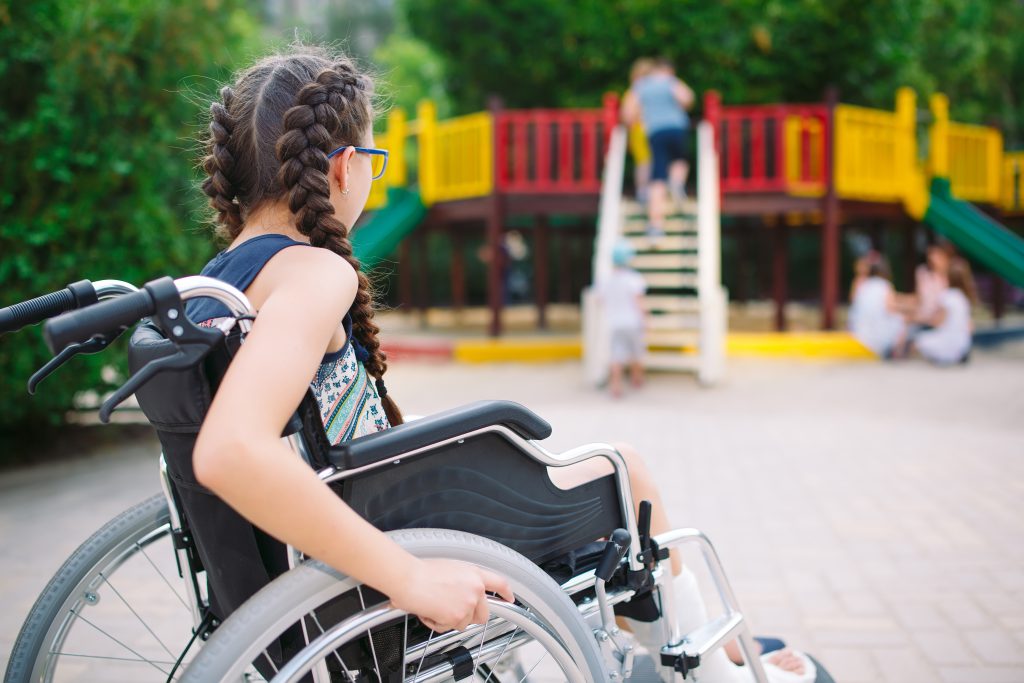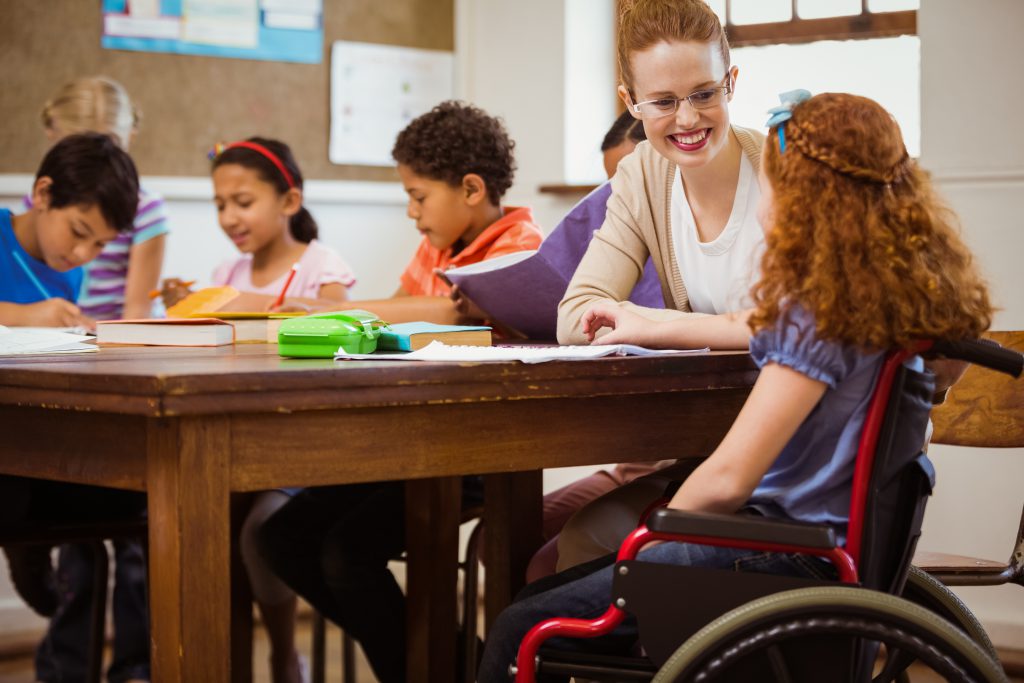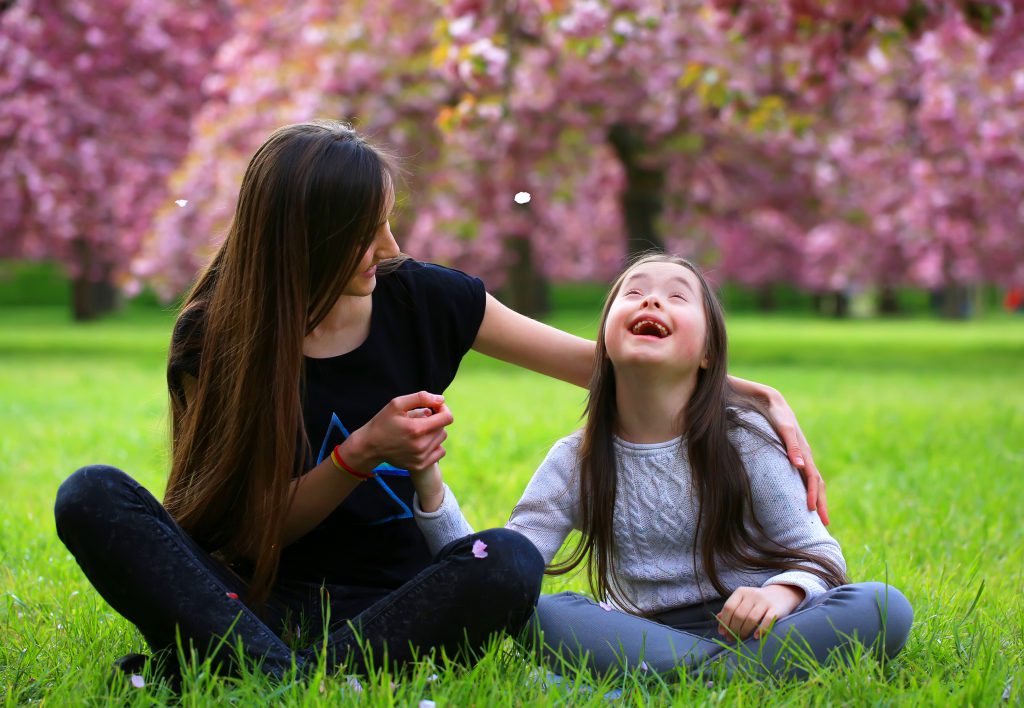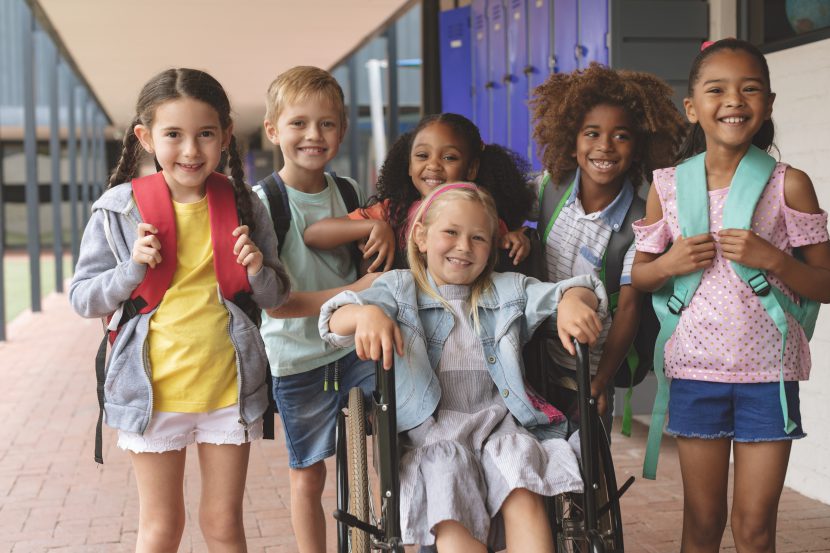In 1989, the United Nations Convention on the Rights of the Child assured equal rights of children with disabilities. Calling on state parties to recognize this right, the UNCRC focused on the “conditions which ensure dignity, promote self-reliance and facilitate the child’s active participation in the community.”
Article 23 highlights the following:
“States Parties recognize the right of the disabled child to special care and shall encourage and ensure the extension, subject to available resources, to the eligible child and those responsible for his or her care, of assistance for which application is made and which is appropriate to the child’s condition and to the circumstances of the parents or others caring for the child.”
(UNICEF)
Despite these international legal recognitions, disabled children and young adolescents still experience high volumes of discrimination. These rights violations include: lack of early detection or diagnosis of their disabilities, exclusion from education and participation in their communities. Societies are often not adapted to their needs. Consequently, they receive less services, and their development is slowed down, or halted.

Beyond lack of services, certain approaches also disfavour the disabled child’s development. Namely, UNICEF reports on “a tendency to want to ‘fix’ children with disabilities — rather than changing attitudes towards them.” (UNICEF) Within this attitude, there exists a certain stigma against children with disabilities, potentially discouraging parents from seeking out help.
Education is the most important part of a child’s life. It is a right. For disabled children, however, appropriate education still remains an issue to address. In Europe, and Central Asia, children are excluded from mainstream education, isolated into ‘special schools.’ However, sometimes schools are not even an option. Often, children with disabilities are placed in institutions early on in their lives, which are deemed for their best interests, but instead isolate them from the rest of society. Apart from school, children with disabilities are isolated from social activities and their communities at large.
Hence, today it is crucial to engage with children with disabilities, and make sure institutions adapt to their needs, recognizing “that the obstacles to learning and participation are not the ‘fault’ of a child’s impairment.” (UNICEF) Essentially, the society of today needs to adapt and learn how to provide best for disabled children’s growth and development.

UNICEF has been particularly active with this subject by “supporting training to change mind-sets and develop skills among medical staff, teachers, psychologists, occupational therapists and social workers, and working to change public attitudes towards disability.” (UNICEF) By improving the school systems, and educating the wider society on the difficulties which disabled children face, we are making a step towards equal rights.
NGOs have also participated in the achievement of promoting human rights for persons living with disabilities. Namely, the Abilis Foundation has worked in developing countries and Eastern Europe, with a particular focus on girls and women with disabilities. The Abilis Foundation has recognized that children with disabilities in developing countries are lacking the materials needed for the development of their growth. Their approach therefore includes: granting financial support, and offering informative, educational and advisory activities. (Abilis Foundation)
Also working internationally, Disability Rights International reports on abuses against children and adults with disabilities. With research, they have worked on their Worldwide Campaign to End the Institutionalization of Children, which aims “to challenge underlying policies that lead to abuses against children on a global scale.” Through research and documentation, Disability Rights International aims to raise awareness on the abuses of rights of children with disabilities. Their work has been broadcast on CNN, ABC’s Nightline, BBC World News and more. (Disability Rights International)

At Humanium, we aim to make children’s rights a true reality across the world. Among our top priorities, we work to ensure the child’s protection and welfare. We tackle health issues in our numerous projects, adapting our services to the villages’ needs. We work with the communities and their children in order to provide adequately for their needs.
Namely, in Perumbakkam, Tamil Nadu, we worked to bring children back to school and out of child labour, improving access to health, support the community to generate revenues, while promoting sustainable and autonomous development. These approaches can also favour disabled children, since they can be adapted specifically to their needs, making sure children have the resources to thrive in their own environments.
By adapting these methods, we respect the rights of disabled children.
Written by Leah Benque
Literature:
Abilis Foundation (n.d.), “About Abilis,” Abilis.
Disability Rights International (n.d.), “Our Work,” DRI.
Disability Rights International (n.d.), “Orphanages are no place for children,” DRI.


